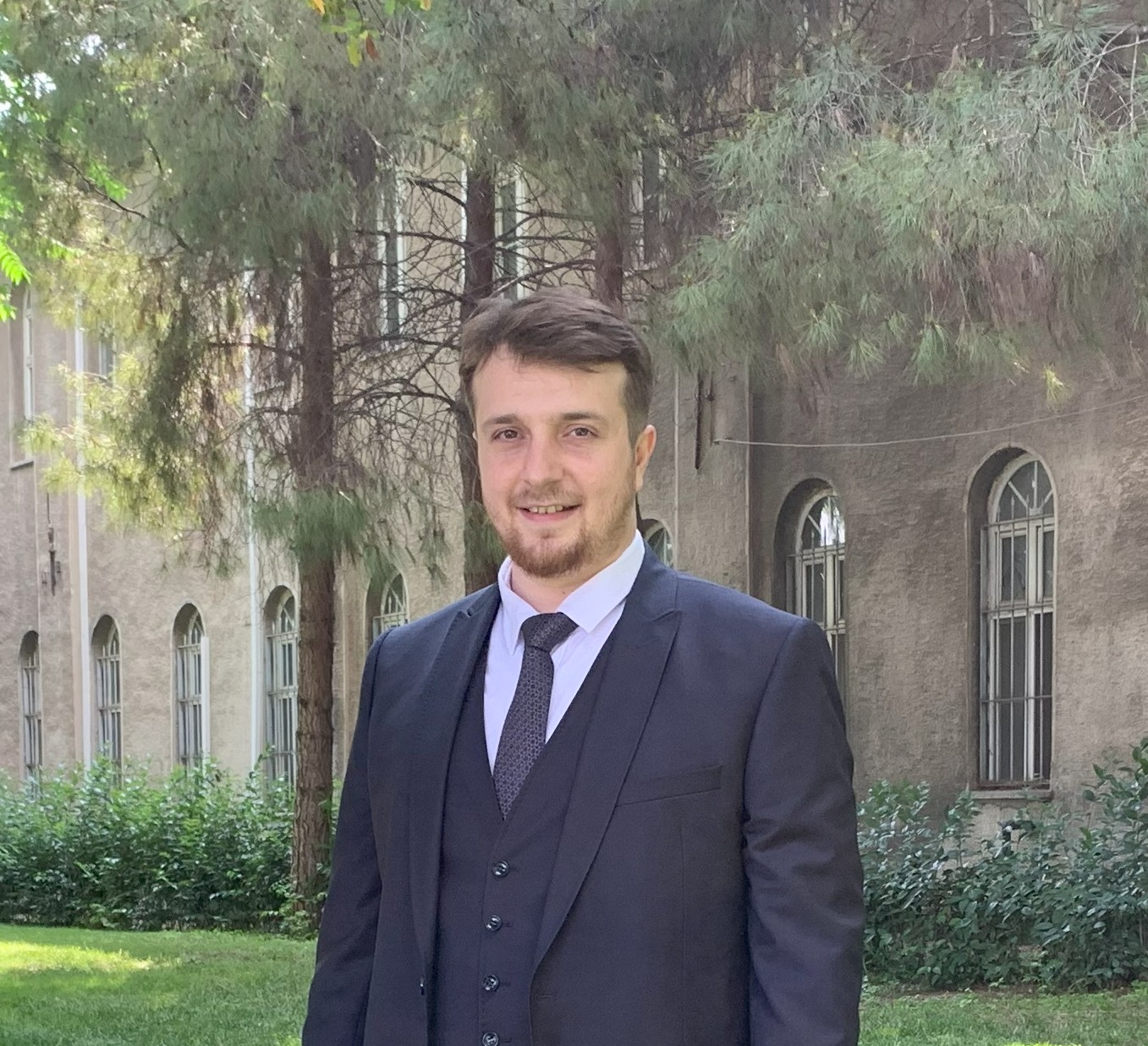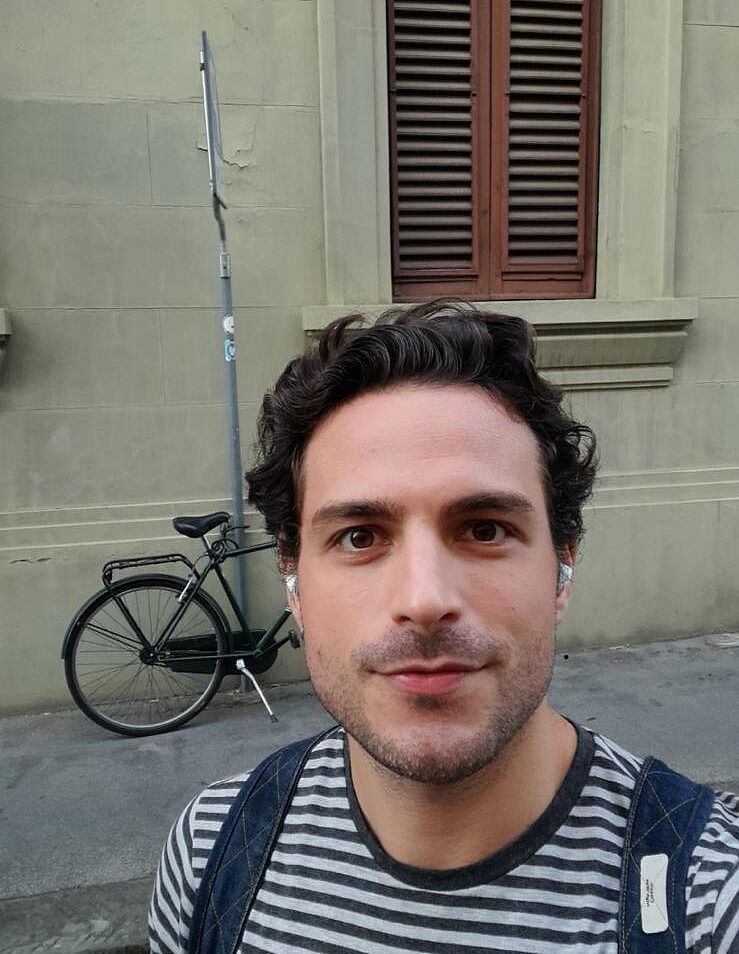Andreas-Tietze-Fellows
Dr. Enes Kurt

Dr. Enes Kurt
Project title: Mediterranean Correspondence: Ottoman Merchants and Economic Networks in the Late Ottoman Period
Fellowship period: 2025
In this research project, I will analyze 146 Ottoman Turkish letters from merchants in the 18th and 19th centuries housed in the manuscript collection of the Forschungsbibliothek Schloss Friedenstein in Gotha. My primary objective is to investigate the commodities involved in trade and consumption within the Mediterranean region during this period. Additionally, I aim to explore the historical origins of family businesses, as the letters I examine are written by individuals who are family members. Furthermore, I focus on the business practices and norms that govern commercial conduct during this era. The Ottoman Empire had a significant influence over a vast expanse of the Mediterranean, Black Sea, Red Sea, and parts of the Arabian/Persian Gulf. Through this lens, I examine the role of the Ottomans in regional trade networks and their impact on the economic dynamics in these areas.
The 18th and 19th centuries witnessed substantial growth in Ottoman-European trade, driven by the exchange of Ottoman raw materials and foodstuffs for Western industrial and colonial products. This integration of the Ottoman Empire into the global economy accelerated commercial activity in Mediterranean ports and the Aegean Islands, where trade networks flourished. A key focus of my research is the letters authored by family members, which provide a unique opportunity to trace the development of family businesses in the Ottoman context. I will transcribe these letters into the Latin script and translate them into English, systematically analyzing their linguistic and contextual features. This will allow me to identify commercial and social interaction patterns, offering insights into the functioning of business networks and the role of family ties in commerce.
In addition to these letters, I will draw on Ottoman archival documents, such as court records (şer’iyye sicilleri) and the Düvel-i Ecnebiye Defteri (Register of Foreign States), to enrich my analysis of the economic structures and trade practices of the time. Extensive research in various European archives will further inform my investigation of the broader dynamics of Ottoman-European trade relations. Throughout this process, I plan to present my findings at academic conferences, engage with scholars, and incorporate feedback into my work. Ultimately, this project aims to contribute to the limited body of studies on the dynamics of Ottoman trade and family businesses, offering a historical perspective on the interconnectedness of commerce, family, and social networks during the late Ottoman period.
Tunahan Durmaz (MA)

Tunahan Durmaz (MA)
Project title: A Cultural History of Bodily Fluids: Health and Disease in the Ottoman Mediterranean, 1620-1700
Fellowship period: 2025
Tunahan Durmaz is a Ph.D. candidate in the Department of History at European University Institute, Florence, and currently a Fellow at the Research Center for Anatolian Civilizations (ANAMED), Koç University, Istanbul. Prior to his doctoral studies, he earned his BA in History with a minor in Architecture from Middle East Technical University and an MA in History at Sabancı University.
His research interests include social, cultural, and political aspects of disease and illness in the early modern Ottoman world. Emerging at the intersection of histories of knowledge and history of medicine, his dissertation project “Mood, Appetite, and Fever: Understanding Disease in Ottoman Istanbul, 1640–1691” explores the ways of knowing and understanding disease in Ottoman Istanbul from the 1640s to the 1690s.
Based on his dissertation, Durmaz’s project "A Cultural History of Bodily Fluids: Health and Disease in the Ottoman Mediterranean, 1620-1700" explores concepts of health, disease, and illness in the seventeenth-century Ottoman world, focusing on Istanbul and its connections within the broader Mediterranean region. Drawing on a variety of sources such as Ottoman medical treatises, chronicles, ego-documents, and court records, it investigates how diverse epistemologies of disease, informed by humoral theory—the framework based on four bodily liquids: blood, phlegm, black bile, and yellow bile—interacted and shaped healing knowledge and practices across the Mediterranean.
During his tenure as Andreas-Tietze Fellow, Durmaz will expand the scope of the project by incorporating various material from European archives, including some collections from Tuscan libraries as well as sources from Viennese archives. By underscoring the transcultural and translational breadth of medical knowledge, the project will seek to reveal the complex nature of the interaction between Ottoman and European medical knowledge and practises.
